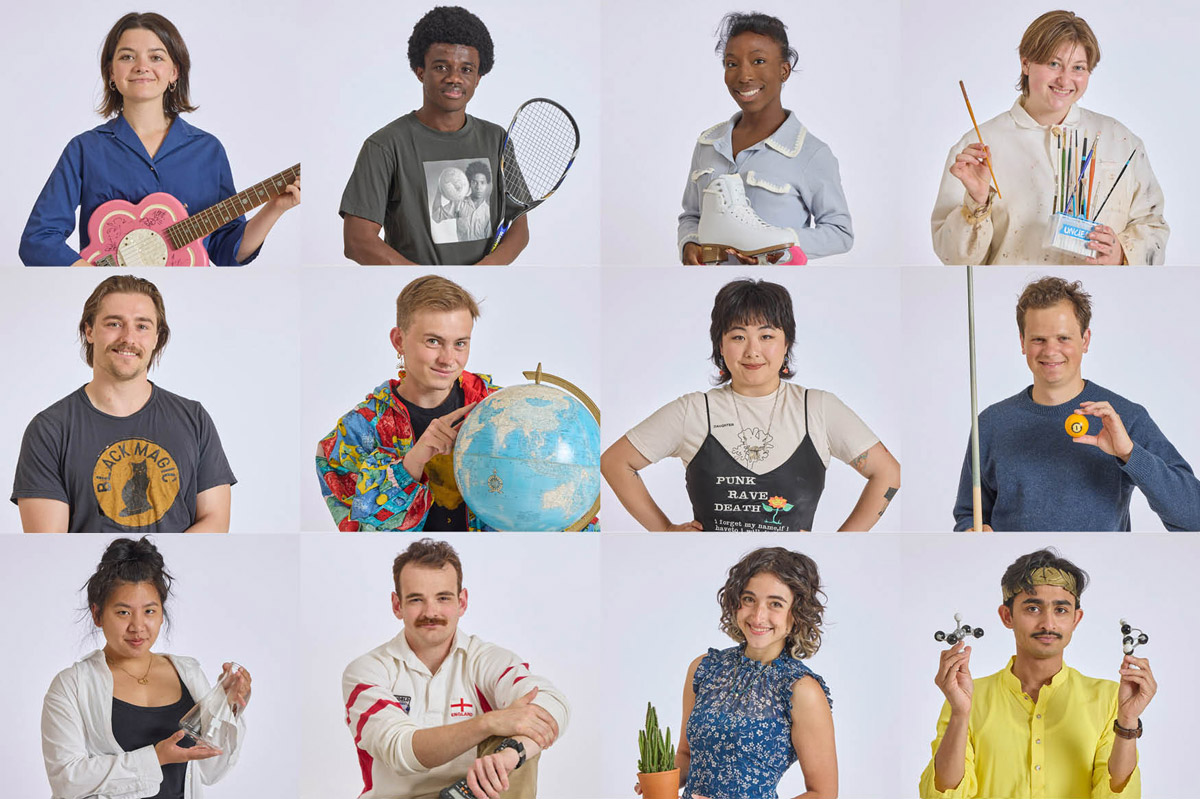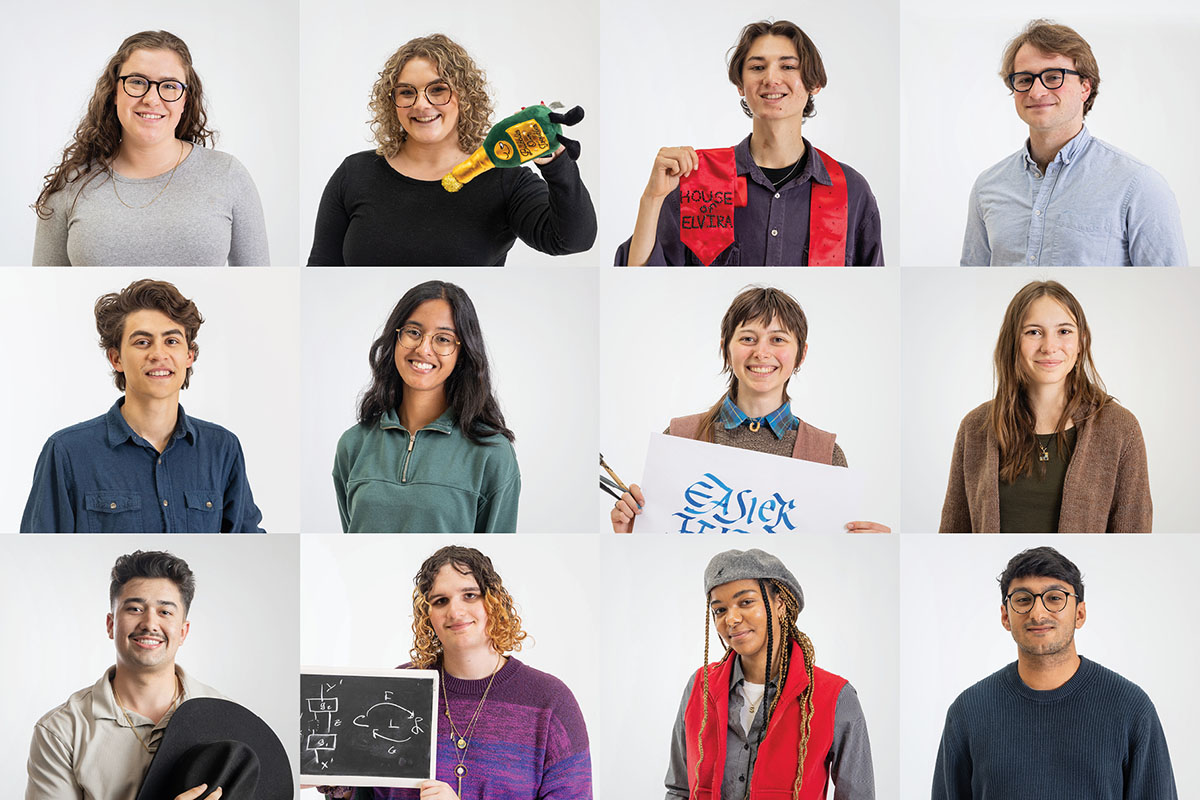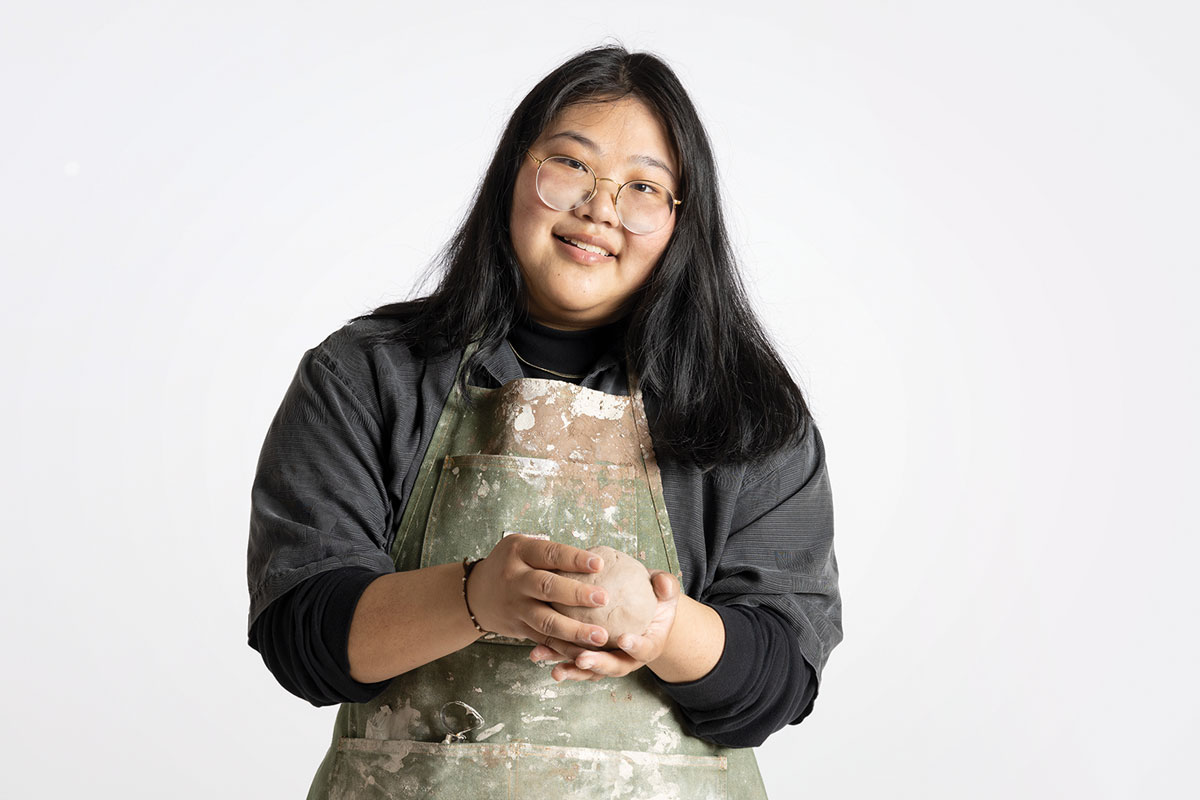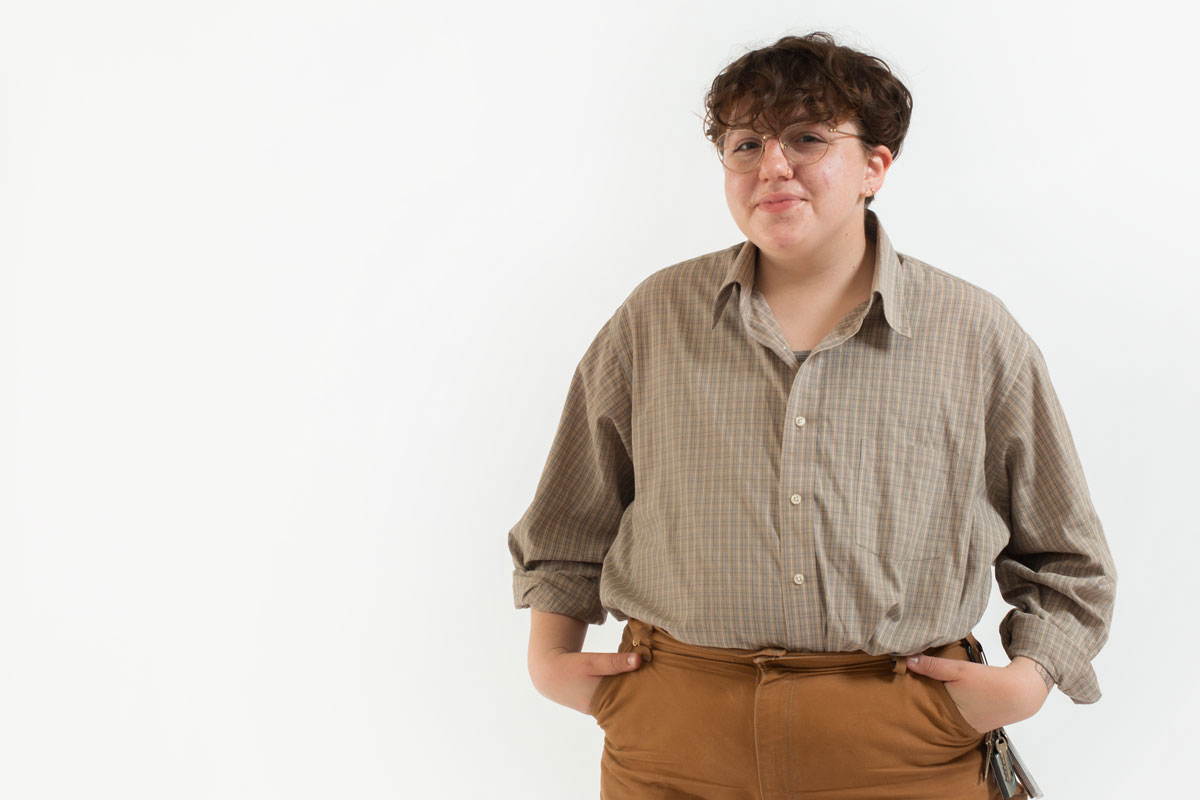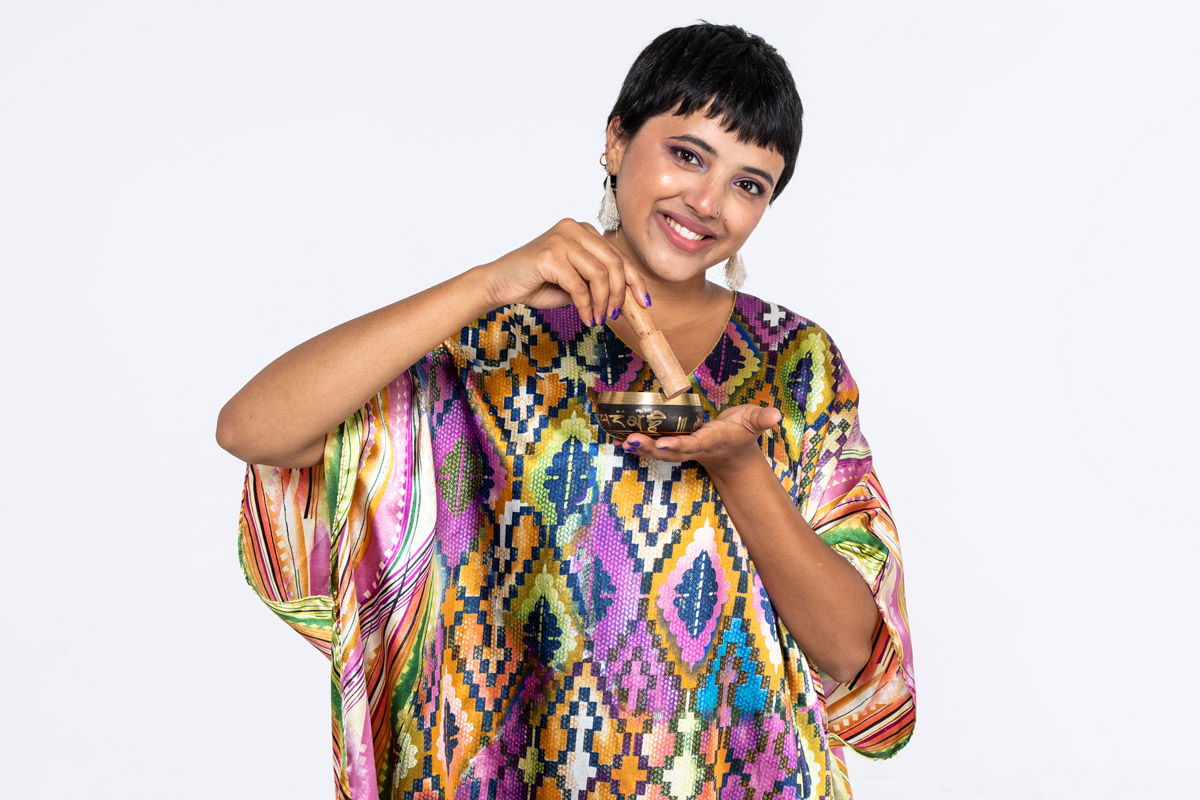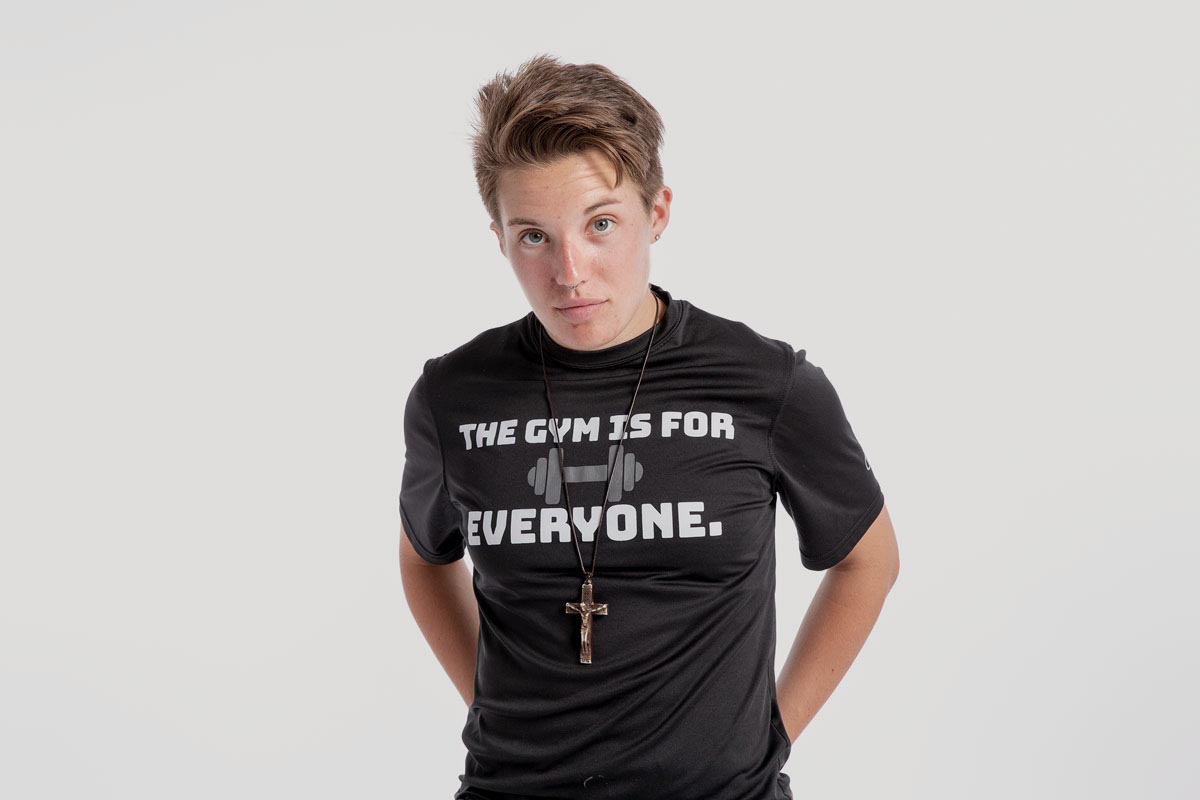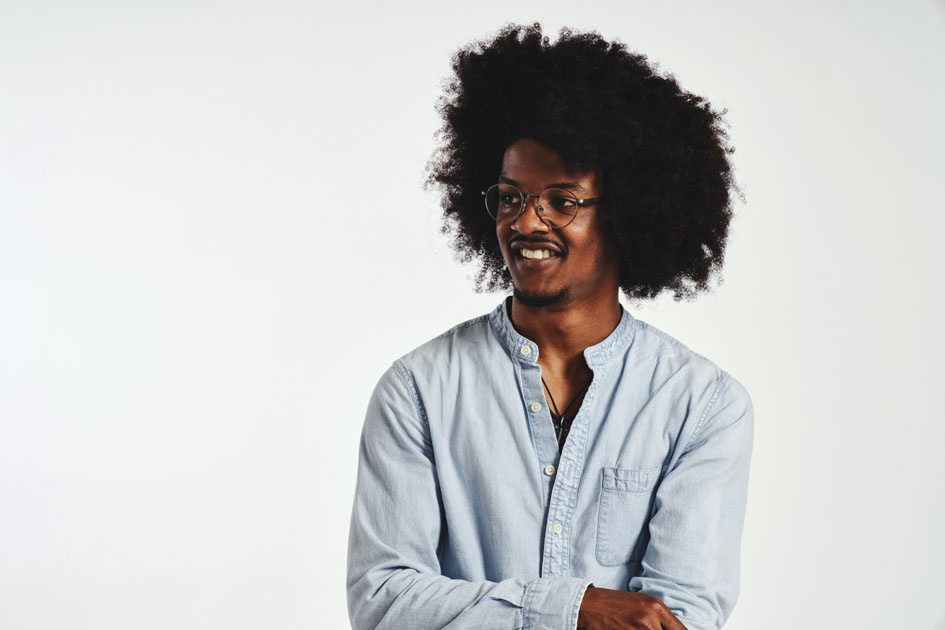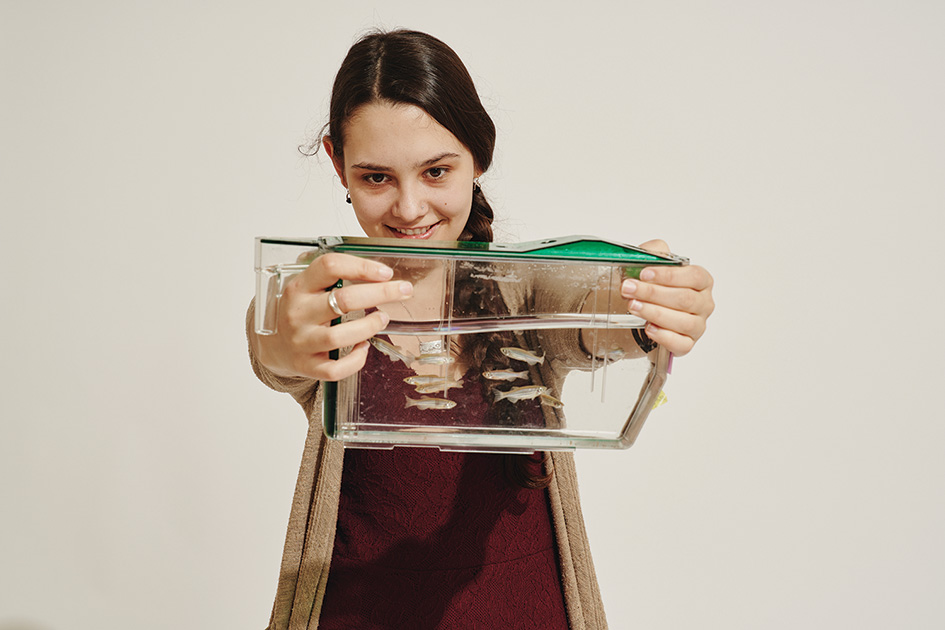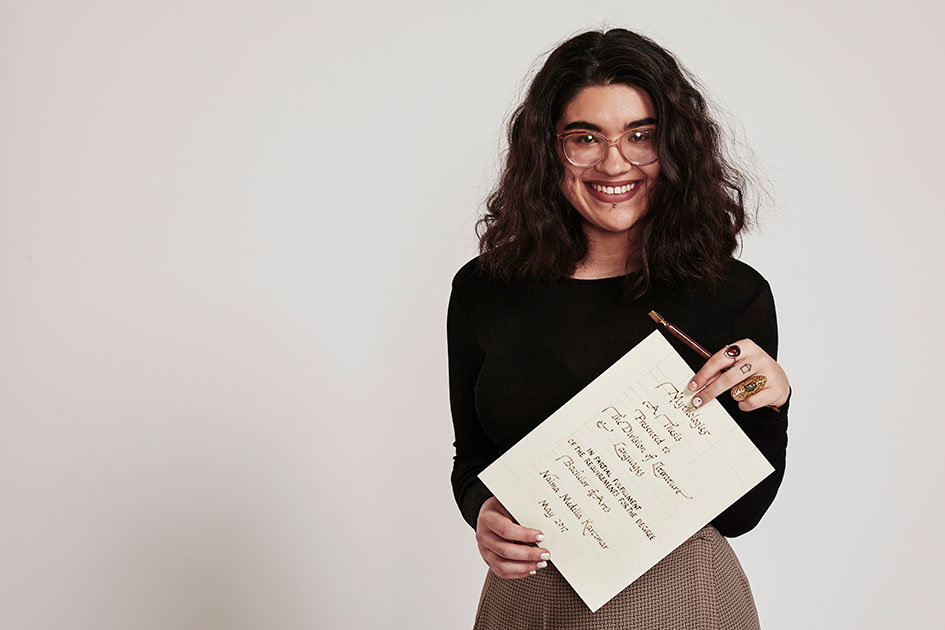What is a Reedie?
What Is a Reedie, Anyway?
Meet twelve graduates from the class of ’25.
What Is a Reedie, Anyway?
Meet twelve graduates from the class of ’24.
What Is a Reedie, Anyway?
Meet twelve graduates from the class of ’23.
What is a Reedie, Anyway?
Meet twelve seniors from the class of ’22.
